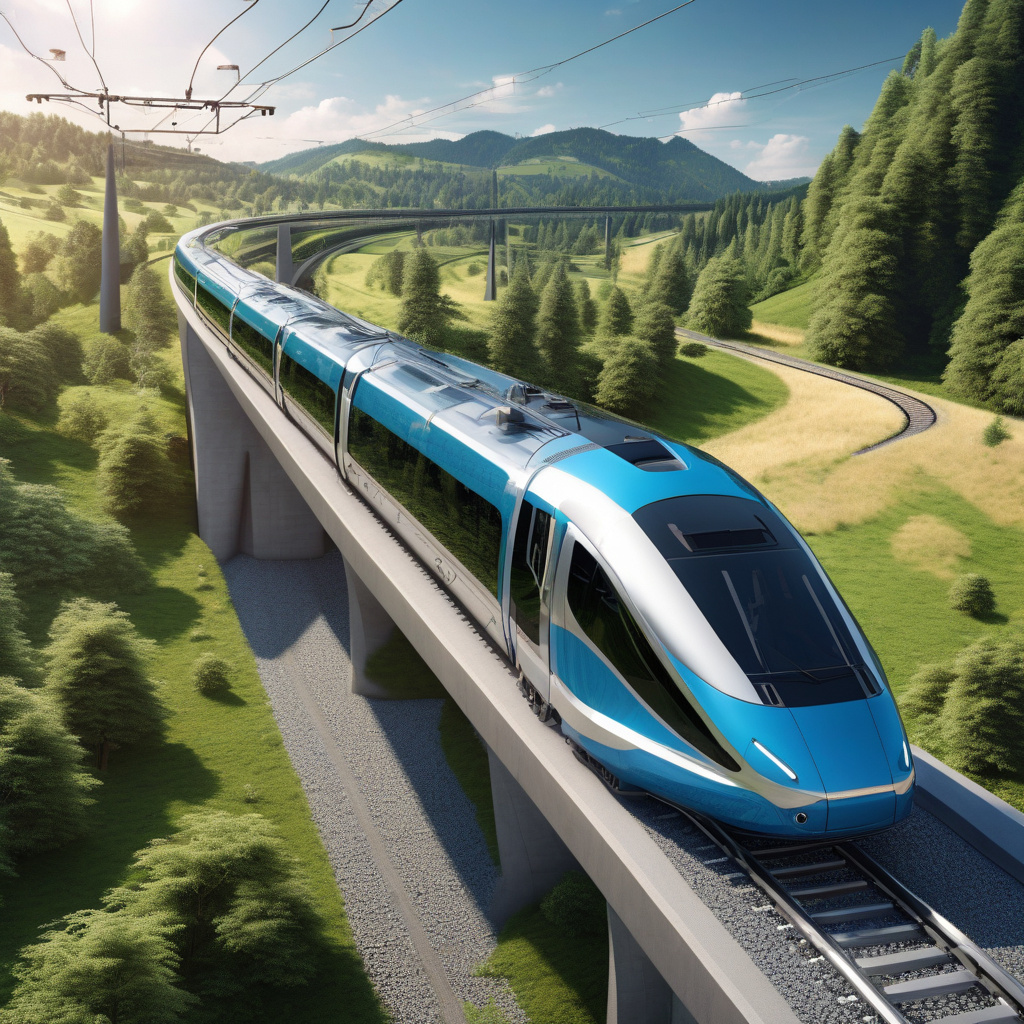Germany: Nokia Implements World’s First 5G Rail Network for Intelligent Train Operations
Nokia and Deutsche Bahn (DB) on September 15 announced that they switched on the first-ever 5G mobile communications network for automated and driverless operation of trains in Hamburg, Germany. This revolutionary implementation marks a significant milestone in the realm of transportation and telecommunications, paving the way for enhanced efficiency, safety, and sustainability in rail operations.
The deployment of the 5G network along a 3.7-kilometer stretch of the S-Bahn Line 21 in Hamburg signifies a leap forward in the digital transformation of railway systems. By leveraging the ultra-reliable and low-latency communication capabilities of 5G technology, Nokia and DB aim to enable seamless connectivity for train-to-wayside communication, real-time video monitoring, and predictive maintenance applications.
One of the key advantages of the 5G rail network is its ability to support the implementation of driverless trains, which have the potential to revolutionize the future of public transportation. With enhanced connectivity and data processing capabilities, autonomous trains can operate more efficiently, adhere to precise timetables, and respond swiftly to changing conditions on the railway network.
Moreover, the integration of 5G technology in rail systems opens up a plethora of possibilities for innovative services and applications. For instance, the network can facilitate the implementation of intelligent traffic management systems, dynamic route optimization algorithms, and IoT sensors for monitoring track conditions in real time. These advancements not only enhance the overall passenger experience but also contribute to the optimization of energy consumption and reduction of operational costs.
In addition to operational benefits, the deployment of the 5G rail network underscores Germany’s commitment to fostering technological innovation and digitalization in the transportation sector. By investing in cutting-edge infrastructure and partnerships with industry leaders like Nokia, Deutsche Bahn is positioning itself at the forefront of the global shift towards smart and sustainable mobility solutions.
Looking ahead, the success of the 5G rail network in Hamburg serves as a compelling case study for other cities and countries seeking to modernize their railway systems. As the demand for efficient, reliable, and environmentally friendly transportation continues to grow, the integration of 5G technology could become a game-changer in shaping the future of mobility on a global scale.
In conclusion, the collaboration between Nokia and Deutsche Bahn to deploy the world’s first 5G rail network exemplifies the transformative power of technology in revolutionizing traditional industries. By harnessing the capabilities of 5G, the railway sector is poised to achieve new levels of automation, efficiency, and connectivity, paving the way for a smarter and more sustainable future of transportation.
5G, Rail Network, Nokia, Deutsche Bahn, TransportationRevolution












